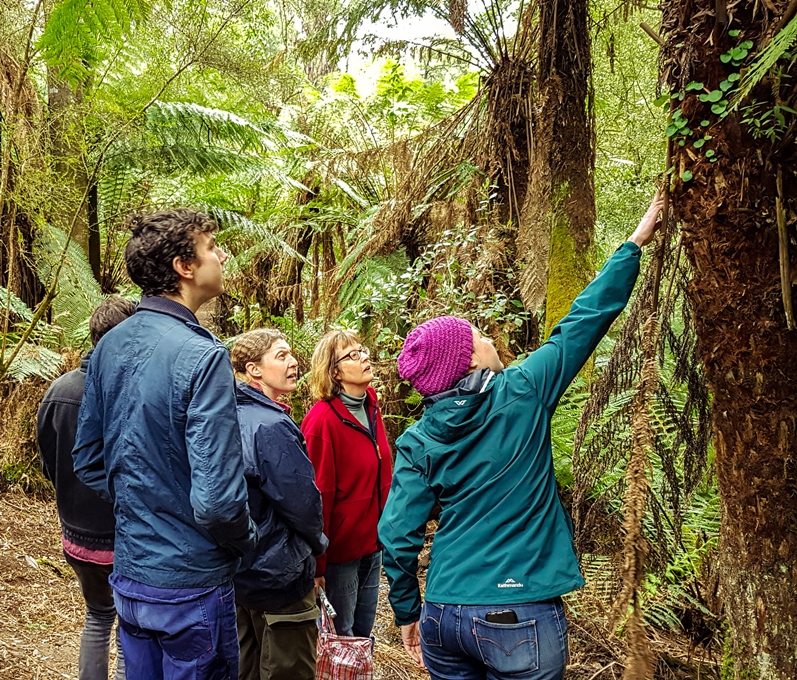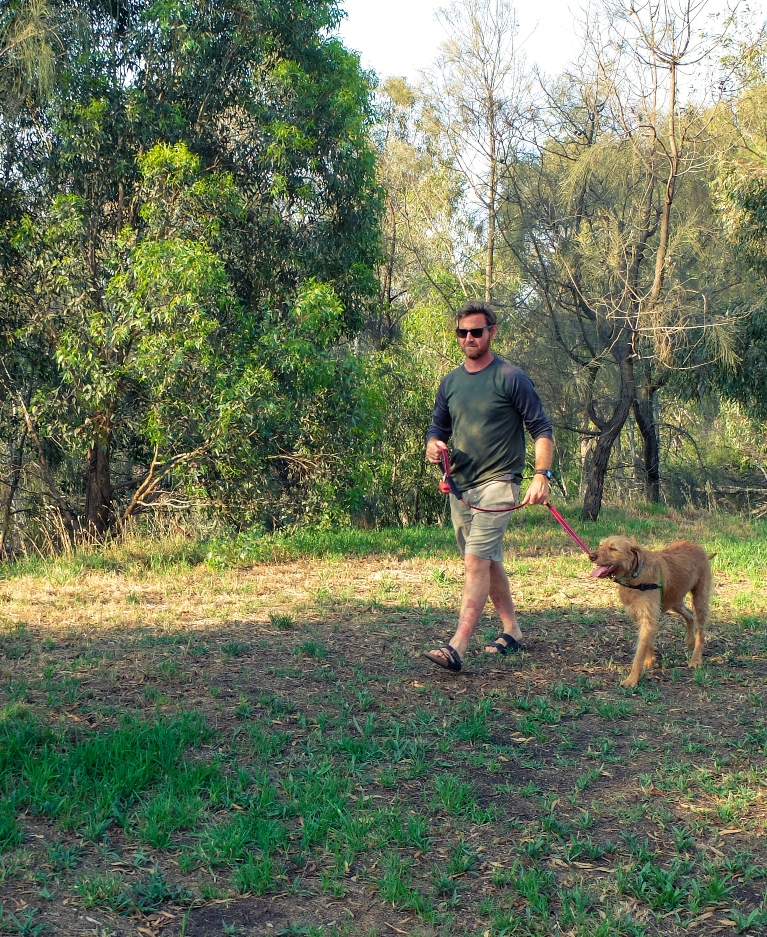Human behaviour is a major driver of the threats to nature. So managing the way we act, and reducing those threats, can be a powerful way to support nature. But which actions can make the most difference?
At DEECA, we collaborated with ICON Science (RMIT) to identify key behaviours that an average Victorian can do, so we can all protect nature together. We organised a range of environmental experts (ie. academics, policy-makers, practitioners) to discuss threats to biodiversity and rank a list of behaviours that have been identified in scientific literature to have strong links with those threats.
We considered these actions in within the specific context of the State of Victoria. Experts agreed that invasive species, habitat loss and climate change are three key threats to Victoria’s nature. They identified and discussed the behaviours which can help play a role in mitigating these threats.
From a lengthy list of behaviours ranked by the experts, we prioritised five that any Victorian can adopt now to make a difference for nature. These behaviours are:
- Spend time in nature: be a person who connects with and acts for nature
- Volunteer for nature, or try some Citizen Science: you can actively take care of nature and monitor its health.
- Tell stories and be a champion for nature: you can inform and inspire others to connect with and act for nature.
- Plant native plants, or keep a wildlife garden: you can provide habitat and refuge for native species.
- Keep pet cats contained, and keep dogs on a leash when visiting natural areas: this reduces a direct threat to wildlife in the area.


A key goal in ‘Protecting Victoria's Environment - Biodiversity 2037’ is that Victorians value nature. Our plan states that this goal will be achieved by: “increasing the number of Victorians connecting with nature, and who act to protect or enhance biodiversity”. Our research with RMIT tells us the best actions Victorians can do to achieve this goal. Next steps will explore the benefits from these behaviours and how we can campaign to encourage greater uptake of them.
For more information contact: zoe.squires@delwp.vic.gov.au or fern.hames@delwp.vic.gov.au
The following summary and research articles are now available:
- How Victorians can act for nature brochure (PDF, 346.7 KB)
(accessible version (DOCX, 109.2 KB)) - Selinski et al. (2020) Identifying and prioritizing human behaviors that benefit biodiversity. Conservation Science and Practice 2(9):e249
- Van Eeden et al. (2021) Putting the cat before the wildlife: Exploring cat owners' beliefs about cat containment as predictors of owner behavior. Conservation Science and Practice 3(10):e502
- Selinksi et al. (2021) Projecting biodiversity benefits of conservation behavior-change programs. Conservation Biology 35(5)
For more information on how Victorians are currently acting for nature, see our page on the Victorian Nature Foundation Survey.
For more information on opportunities to volunteer and act for nature, visit the DEECA Environmental Volunteering page.
Page last updated: 07/05/25